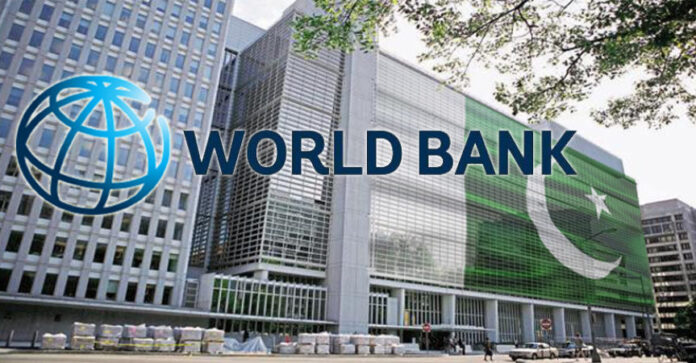The World Bank has approved a $442 million loan for improving access to water and sanitation services for the most vulnerable rural communities in Punjab, as the lender predicts “sizable increase” in poverty across the country.
The World Bank board of directors approved the Punjab Rural Sustainable Water Supply and Sanitation Project (PRSWSSP) to upgrade water supply and sanitation infrastructure and services for sustainable access to drinking water and safe wastewater management, a handout issued by the local office of the World Bank stated.
The project prioritises rural settlements, where water contamination and poor sanitation practices are more prevalent, causing high levels of illness and child stunting.
The loan proceeds will also be utilised to provide wastewater treatment facilities that mitigate risk of fecal contamination of water resources in heat stressed and water-scarce areas by generating safe effluent to 2,000 villages. The percentage of households that have the World Health Organization (WHO) quality drinking water at point-of-use will be increased to 75%.
“PRSWSSP will help more than six million rural residents in the poorest districts of Punjab to reduce child stunting and address areas at high risk to droughts and water scarcity,” said World Bank Country Director for Pakistan Najy Benhassine.
PRSWSSP Task Team Leader Farhan Sami said the project will reduce water borne illnesses and ensure service quality and customer care through a financially sustainable public company.
According to the World Bank, the project will cover 16 districts, with 50 per cent of districts from south Punjab, and 25pc each from central and north Punjab.




